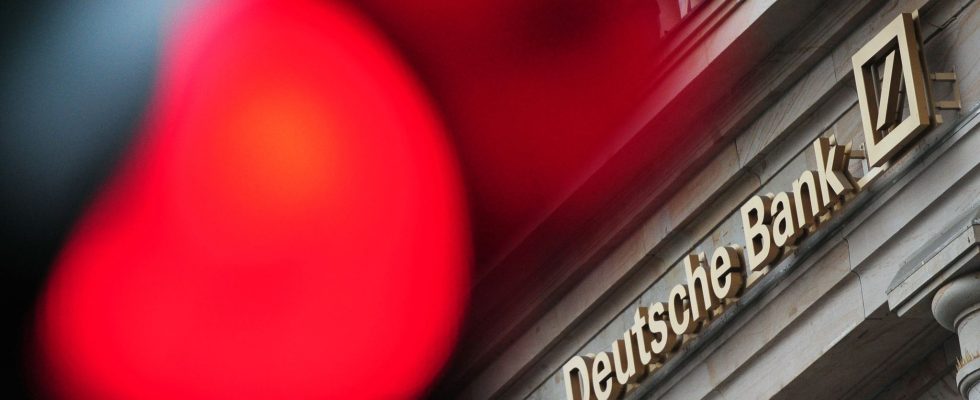European banks are strong enough to face a major crisis, according to the results of an industry stress test, although French banks have fared less well in this exercise than their EU counterparts, has announced this Friday, July 28 the European Banking Authority (EBA).
“Despite cumulative losses of 496 billion euros (in a crisis scenario, editor’s note), European banks remain sufficiently capitalized to continue to support the economy”, concluded in a press release from the EBAwhich had conducted this test a few months after a crisis that raised the specter of the 2008 banking crisis.
The European Central Bank, which conducted this stress test on a slightly larger sample, drew the same conclusions. Nine institutions, however, fell below the minimum capital required by the central bank. The scenario used in this exercise, in which 70 establishments covering approximately 75% of banking assets in the European Union took part, foresaw in particular a “severe worsening of the geopolitical situation” and “a rise in the price of raw materials”, events of a to reduce European GDP by 6% in three years. Added to this was a 6.1 point rise in the unemployment rate, a slower-than-expected fall in inflation, a fall in property prices and a collapse in 2023 of stocks on the financial markets. .
Following such a shock, the “hard” capital ratio, a key indicator for measuring financial soundness, would fall for the European banking sector as a whole from 15.2% to 10.4%, a level equivalent to that of the previous financial year in 2021 and generally considered acceptable by supervisors in this scenario of three years of stress.
French banks at the back of the pack
However, this level is an average, with the banks of four countries falling below the 10% mark: those of Spain, the Netherlands, Germany and France. France’s banks even finished in last place with a core capital ratio of 9.15% at the end of these three years of turbulence.
This stress test began at the end of January, just before the banking sector was jostled in the first quarter by the bankruptcy of American institutions and the emergency takeover of Credit Suisse by UBS. In its exercise, which does not include Swiss institutions, the EBA does not include the psychological aspect with a phenomenon of banking panic, as has been observed in recent months in certain institutions considered to be fragile.
